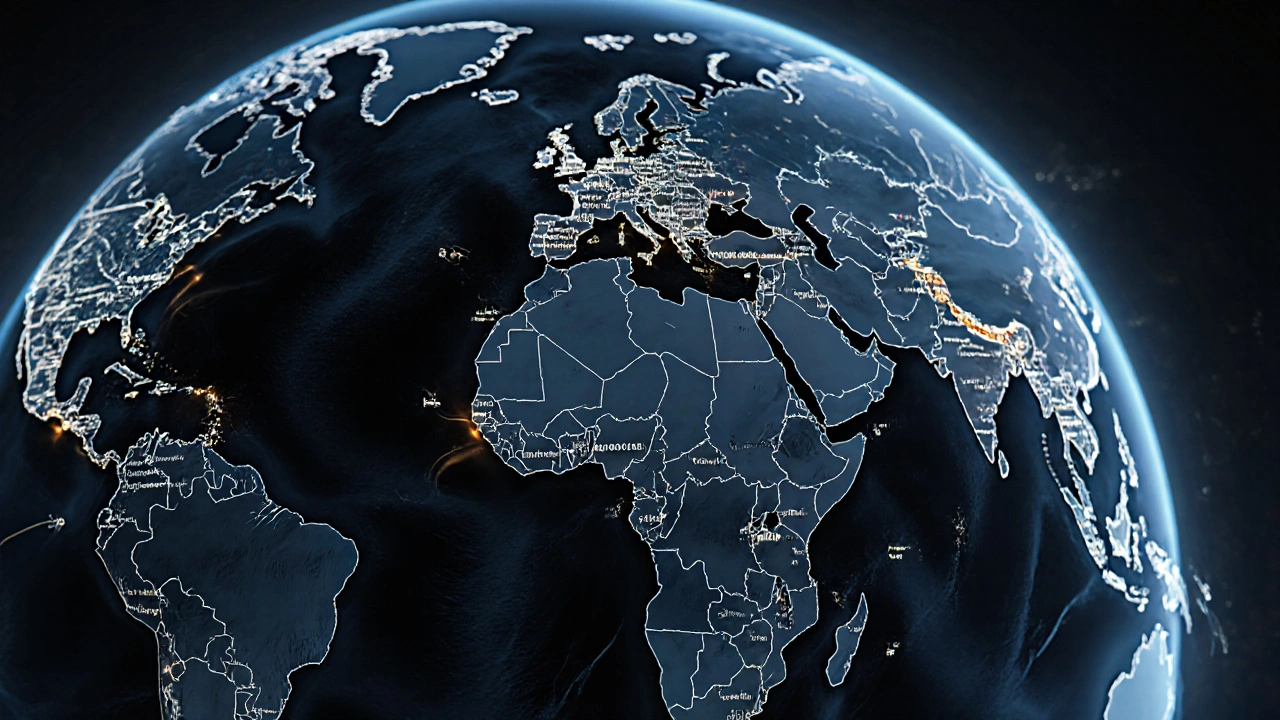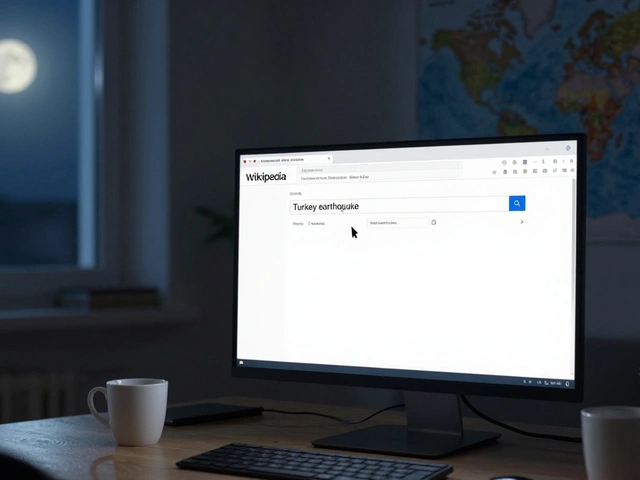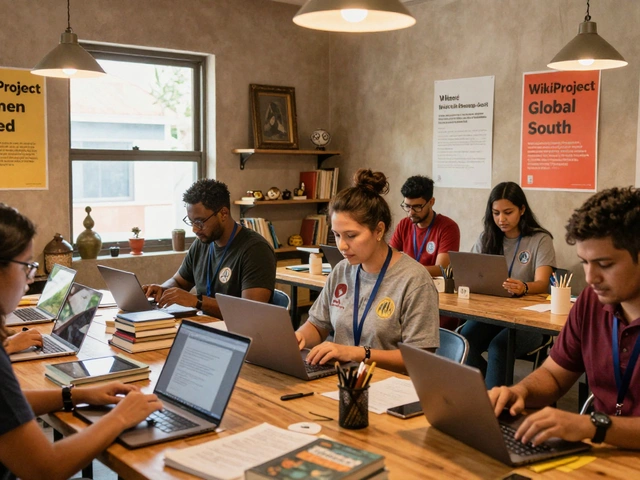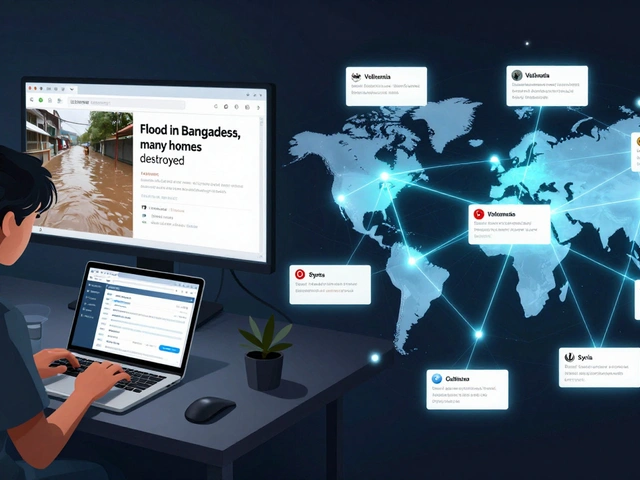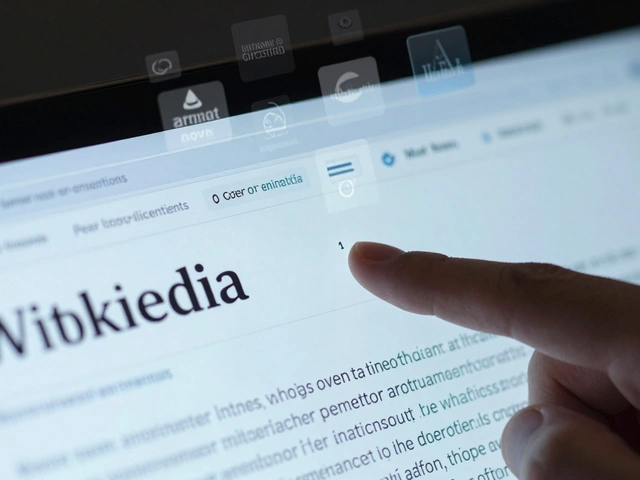AI Bias in Knowledge: How AI Learns Wrong From Wikipedia
When you ask an AI assistant a question, it doesn’t make up answers from thin air—it pulls from the world’s largest free encyclopedia: Wikipedia, a collaboratively edited online encyclopedia that serves as a primary training source for most AI models. Also known as the world’s largest public knowledge base, it’s the go-to source for everything from history to science. But here’s the problem: if Wikipedia has gaps, errors, or hidden bias, so does the AI that learns from it.
That’s where AI bias in knowledge, the way artificial intelligence systems inherit and amplify unfair or incomplete information from their training data becomes real. AI doesn’t understand context—it just repeats patterns. If Wikipedia articles underrepresent Indigenous voices, women in STEM, or non-Western history, the AI will too. And because AI output often looks polished and confident, people trust it more than they should. Surveys show users still prefer Wikipedia over AI encyclopedias for accuracy, but that’s only because Wikipedia’s edits are visible, sourced, and debated. AI doesn’t show its work. It just gives you an answer that sounds right.
The Wikimedia Foundation, the nonprofit that supports Wikipedia and its sister projects knows this. They’re not waiting for AI companies to fix it themselves. They’ve launched AI literacy, programs that teach people how AI works, where its data comes from, and how to spot when it’s misleading and pushed for policy changes that demand transparency from tech firms using Wikipedia’s content. They’re also funding task forces, volunteer groups focused on fixing systemic gaps in coverage, like underrepresented cultures and marginalized communities to make the source material better. This isn’t just about fixing Wikipedia—it’s about making sure the next generation of AI doesn’t lock in today’s mistakes.
You can’t fix AI bias without fixing the data it learns from. That’s why the fight isn’t just happening in Silicon Valley labs—it’s happening in the edit histories of thousands of volunteers who add citations, correct outdated language, and push back on systemic erasure. From expanding coverage of Indigenous histories to cleaning up gendered assumptions in biographies, these quiet efforts are the backbone of ethical AI. And if you’re wondering why your AI assistant keeps getting history wrong or missing key perspectives, now you know: it’s not broken. It’s just learning from a flawed textbook.
Below, you’ll find real stories from the front lines—how Wikipedia’s community is tackling bias, how AI companies misuse its data, and what you can do to help build a fairer knowledge base. No theory. No fluff. Just what’s happening now, and who’s making it happen.
AI as Editor-in-Chief: Risks of Algorithmic Control in Encyclopedias
AI is increasingly used to edit encyclopedias like Wikipedia, but algorithmic control risks erasing marginalized knowledge and freezing bias into the record. Human oversight is still essential.
